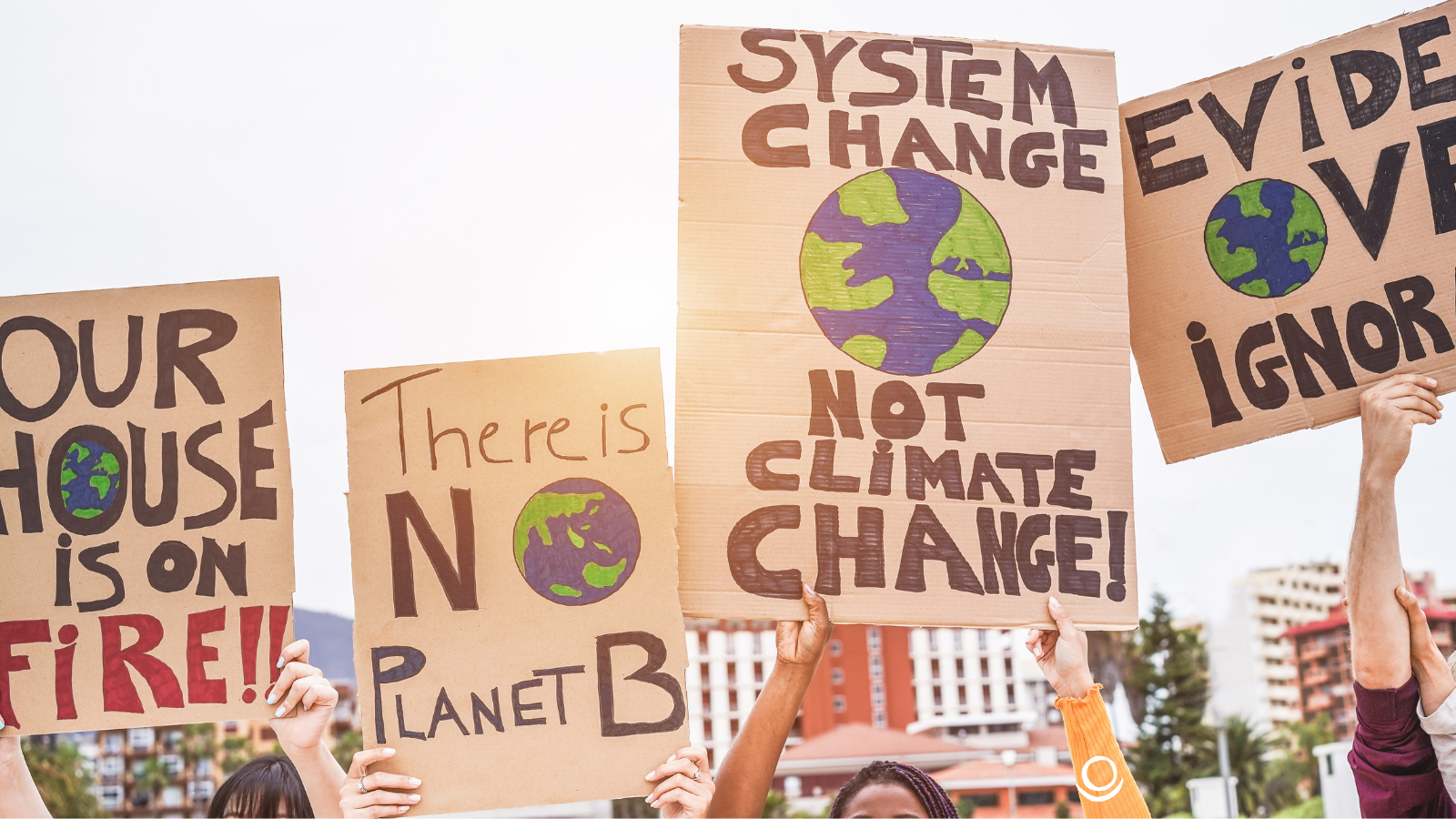IPCC Says Catastrophic Climate Change Is Coming.
Written by Lauren Salmiery, Advocacy Specialist | Published: August 12, 2021
Monday’s report from the Intergovernmental Panel on Climate Change (IPCC) laid out evidence that humans have been unequivocally driving forward catastrophic climate change. Written by the IPCC’s Working Group I, which assesses the “physical scientific basis of the climate system and climate change,” the report states that the once debatable topic of climate change is now an “established fact.” With unprecedented global surface level warming over the last century, the report lays out the dire need for global action to halt climate change.
As human-caused increases in carbon emissions continue to raise global temperatures, glacial ice will continue to melt, sea levels will continue to rise, heat waves will become hotter and more common, and catastrophic climate disasters such as hurricanes and wildfires will only increase. The reality of these increased disasters is undeniable: from California’s Dixie Fire — the largest in the state’s history — to catastrophic flooding in Germany to the sinking city of Lagos to wildfires in Greece, Italy, Algeria and Russia to predictions of an “above normal” hurricane season, climate disasters span every corner of the globe.

When the IPCC first met in 1985, the Panel postulated that impacts to human health would go beyond just climate disaster. Water and food scarcity would become serious concerns; changes in precipitation and temperature would change the patterns of vector-borne diseases; and infections would be at risk of spreading more rapidly. As increasing sea levels push coastal communities inland and longer and more intense periods of droughts push landlocked communities towards water, those who are most vulnerable to climate disaster and nations that have played little role in causing climate change will continue to bear the burden.
As the impacts of climate change continue to take a toll on human health, human populations will continue to rise. Currently at 7.8 billion, the United Nations projects that the human population will grow to between 9.4 and 10.1 billion people by 2050, with the highest rate of population growth occurring in the least developed countries. This rise in population will continue to lead to increased food and water scarcity and strain on natural resources, particularly considering that these regions of the world carry the biggest burden of climate change. Improved access to education, particularly for women and girls, is shown to increase opportunities for socioeconomic empowerment, improve access to contraception, and reduce fertility rates.
Access to family planning is by no means the only answer to climate change. According to a 2020 report by Oxfam, the richest 10% of people in the world accounted for 52% of the world’s carbon emissions between 1990 and 2015, with the poorest 50% of people accounting for just 7% of carbon emissions. In order to significantly decrease carbon emissions, the focus must be on reduction by those who consume the most, while recognizing that for people in the least developed countries to have an acceptable quality of life, their emissions must rise.
While the world awaits the additional reports from the IPCC’s Working Groups II and III, which will assess the vulnerability of socio-economic and ecological systems to climate change and assess the options for mitigating climate change, respectively, Congress can begin to analyze Working Group I’s Summary for Policymakers to prepare for the actions needed in years to come. Increasing funding for international family planning programs, setting forth plans to reach net zero CO2 emissions, and investing in clean energy are all steps that can help advance the United States’ approach to slowing climate change. Without sound preparation and meaningful commitment to halting climate change, our planet will continue to head towards a sweltering and disastrous future.

